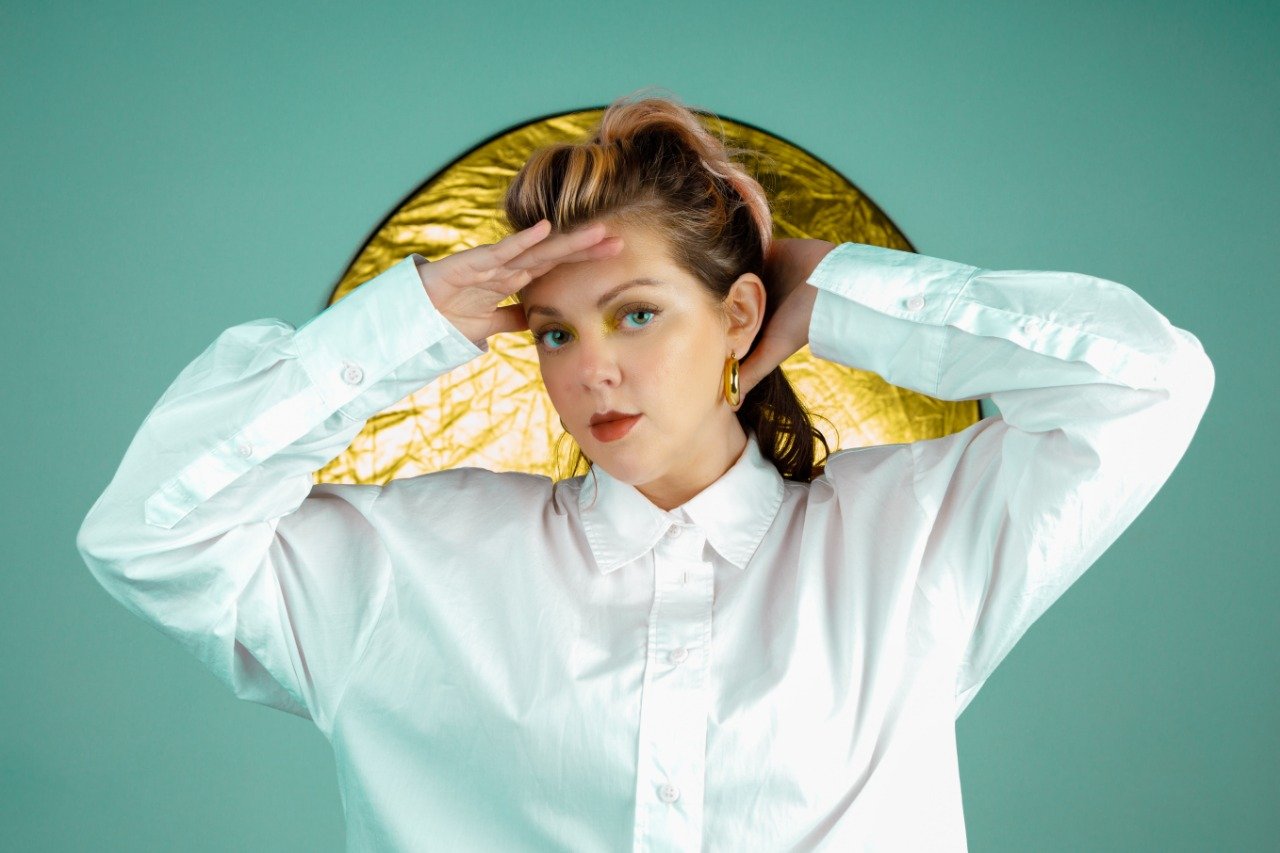
Born to a family of Russian circus producers and directors, Maria Staroselets realized early in her childhood that she wanted to be a storyteller and traveler.
“I spent all of my childhood years in a traveling circus, lived in caravans, moving from town to town in Western Europe. And throughout those years, I’ve realized that the things I love most in life are knowledge and discovery. I'm very curious and always eager to learn more about the world’s physical and metaphysical riddles,” she said.
She has a Master's degree in Philosophy and Religious Studies with major in ritual practices, dancing, and chanting, which eventually brought her back to her interest in the arts and entertainment industry.
“For the past 17 years, I've been working as a director and a producer in film, open-air events for large audiences, and various immersive theatre productions. Always experimenting with format and venues. I love working outdoors and in unconventional locations,” she said.
From 2016 to 2017, she produced immersive theatre shows in collaboration with world-famous and award-winning Rimini Protokoll and Ontroend Goed. Both productions took place at very weird locations - first one was a spooky labyrinth at a shopping mall, and the second one was a documentary performance inside a moving truck. Both productions entered the long list of the “Golden Mask” theatre awards.
By early 2018, Maria relocated to Los Angeles, engaged in the immersive theatre group as a dramaturg and a researcher, and started working on her own project, promoting her idea of sustainable entertainment, which she’s advocating.
“The popularity of the Reduce-Reuse-Recycle practice has led to the emergence of a fairly large number of companies that process and reuse theatrical costumes, scenery, and props. I’m an advocate of sustainable Entertainment and Arts, the ones without gigantic production budgets and waste,” Maria explained.
She says that the natural result of these processes is a partial return of directors to the traditions of street theaters and circuses. The use of natural lighting, rethinking the urban environment, reducing the amount of transit leads many directors and entrepreneurs to seriously reduce the budgets of productions, to understand the effectiveness of small ensembles of artists, mono-performances, and even performances without the participation of actors. For her latest audio performance Maria even used voices of real neighborhood residents instead of professional actors.
Working on site-specific projects also helped her continue her career during the height of the COVID-19 pandemic because it’s safer, as it's mostly held outdoors and required a smaller budget. Maria believes that the urban environment has the necessary elements to create a story for any genre, depending on the creativity of the team and how they adjust the “optics” to allow the audience to perceive the landscape from different angles and layers.
Combining sounds with visual images and surroundings of the location helps to create conceptual connections in the imagination just like in film editing. Maria uses this method in creating her performances not only to achieve continuity in the perception, but also to enhance the emotional response of the audience. Maria’s next urban experience is premiering in September, in the ancient Samarquand, and the story is going to be about the city itself, destroyed and rebuilt from the ashes over and over again, like the phoenix bird. It’s going to be the first site-specific performance in Uzbekistan.
With her at the helm of social change in favor of sustainable entertainment, the audiences will eventually learn to accept their surroundings as part of a never-ending story that occurs from different angles.
Other than championing sustainable entertainment, Maria also hopes to mentor underrepresented female artists who need guidance in sustainable and low-budget projects in culture and arts.
